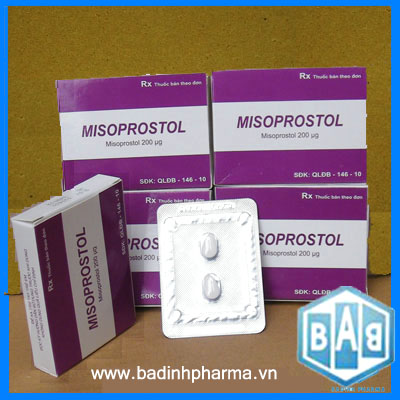POSTPARTUM HAEMORRHAGE: Body launches safe, sustainable reproductive health choices for women

Determined to have a decent society where every woman’s dream can be given expression, Sybil Nmezi founded the Generation Initiative For Women and Youth Network, GIWYN.
As a Non Governmental Organisation birthed to principally raise the standard of living of women and ensure they make safe reproductive health choices through sustainable reproductive strategies, GIWYN embarked on the empowerment of women by educating them on their rights, health and opportunities around them to enable them develop their potentials.
As part of measures to achieve its objectives, GIWYN organised a two-day workshop tagged “Using Advocacy Strategies to Improve National Guidelines/Policies that Support Healthy Markets for Misoprostol use for Postpartum Hemorrhage”, which was funded by PATH,
Various NGOs and community health workers from Imo, Lagos and Edo states who were on hand to grace the event.
However, the workshop was facilitated by international consultants and reproductive health experts from Gynuity Health Projects and Women Help Women who work globally to improve access to maternal and reproductive health in women’s world.
It was observed that 25% of pregnant women in Nigeria were facing the problem of Postpartum Hemorrhage (PPH) from uterine atony, which occurs after childbirth at the loss of more than 500ml blood flow within the first 24 hours.
It might result in having severe blood flow which could be greater or equal to 1000ml that might result to the death of such patients after two hours if not controlled.
Also, GIWYN in collaboration with Women-help-Women and Gynuity Health Projects, with fund from PATH, pronounced the pilot project – “Using advocacy to strengthen markets and improve access to essential health products” during the two-day workshop.
The participants were trained on how to prevent and treat the PPH and how to advocate using market strategies to improve availability of misoprostol in health care, clinics, communities and other maternity centers.
Experts say the types of postpartum hemorrhage, which is primary PPH, can occur within 24 hours after delivery, while secondary PPH occurs between 24 hours and six weeks after delivery.
The workshop also enlightened participants on the causes of PPH and how to manage them. Representatives of International facilitators
Ayisha Diop, Dina Abba and Susan Davis at the workshop, expressed gratitude to the people present and showered plaudits on the organiser, the Generation Initiative for Women and Youth Network (GIWYN), for a job well done by leading members of the organisation of National Coalition for Reproductive Justice (NCRJ) to produce three case studies in some states.
The cases produced tools and evidence of need to improve market for expanding access to misoprostol for the community health services delivery channels and the low level of awareness about the drug.
The case study also showed how government policy is affecting the availability of the misoprostol and how to raise awareness about misoprostol in rural areas.
While facilitator, Susan from Women-help- Women was concerned about how accessible the drug could be for every pregnant women in Nigeria, participants agreed that the support from the government to subsidise the drug to enable it reach the needy and regulatory recommendation should also set out to help in safe guarding consumers and improve access to life-saving misoprostol for all pregnant women during child birth.
Government, according to participants, should ensure that the ministry of health provides timely, available, affordable and quality assured misoprostol, and steps should be taken to quantify the amounts of misoprostol and adequate budget needed to ensure supply.
In the workshop, the participants implored government and ministry of health to ensure adequate funding and monitoring of the distribution to reach community women and service delivery channels, community health workers, midwives and pharmacies.
Wale Badmus, Ladesope Ladelokun in Lagos








